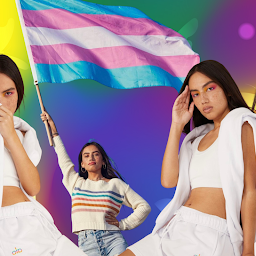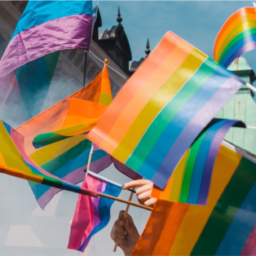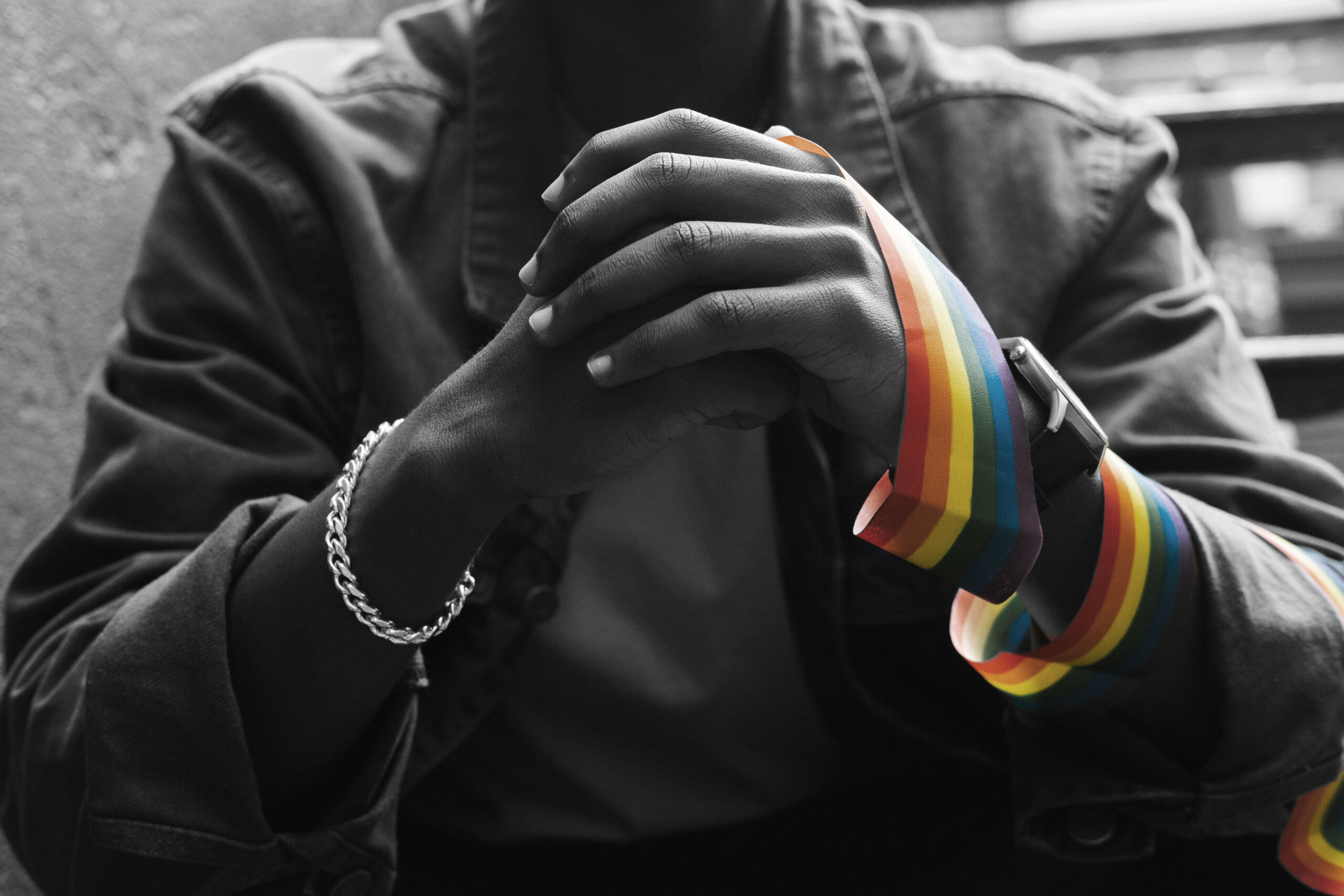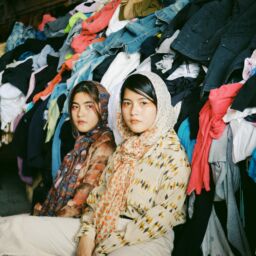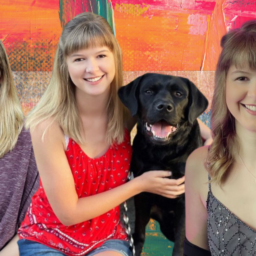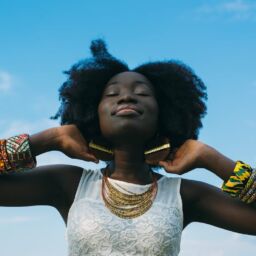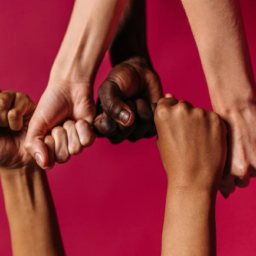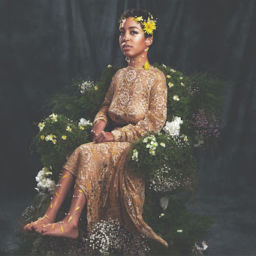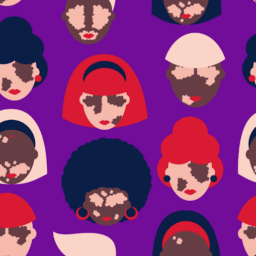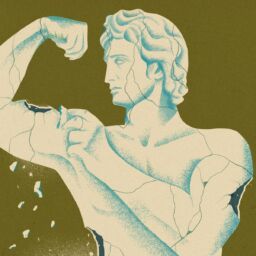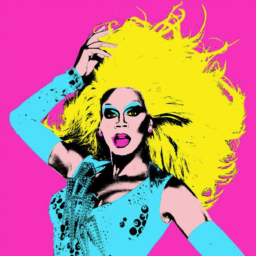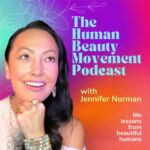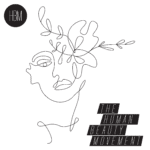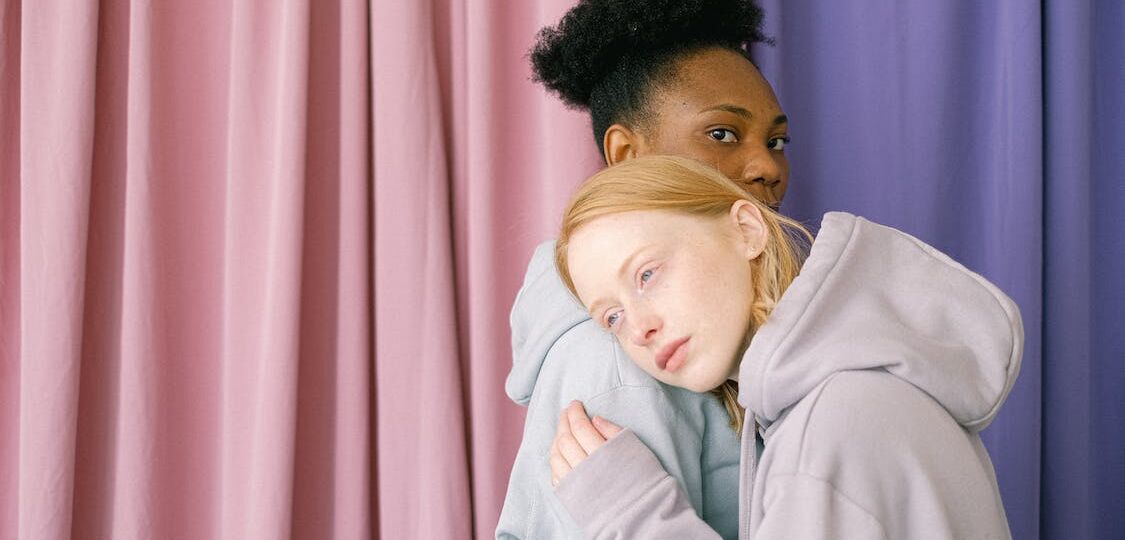
I can’t imagine a world painted only one color, a year of eating only one food, a song written with only one note, or a language based on only one word. Our world comes alive when it is abundant with color, our palette sated with varying cuisines, our senses lifted with a symphony of sound, our understanding deepened with the gift of prose. Likewise, I can’t imagine a world where everyone wishes to be like everyone else, or where everyone wishes others to be exactly like them. Humanity would be exceedingly mundane if we were awash with the same skin, hair, clothes, language, thoughts, and beliefs.
Our planet is blessed with abundant diversity in the masterful complexity of the natural biosphere. Nature works intricately yet harmoniously to spring life, live life, take life, and cycle through life again and again. It has been this way for billions of years. Yet we as a human species, having only inhabited earth a mere fraction of its existence, have blazed a path that could very well lead to our own destruction, both ecologically and socially.
The Quest for More
Why has civilization evolved in such a way as to potentiate our own demise? Why do we think we are racing to the top when in fact we are digging ourselves to the bottom? Why do we preach unity but practice divisiveness? I have a theory. Somewhere along the line, as the story of Adam and Eve goes, humans wanted more. More food, more wealth, more knowledge, more than we already had. That wanting of more left us with less. But alas, the desire was ingrained in our nature. We lusted for more, so we took what was not ours. We craved more, so we over-plowed and over-harvested. We demanded more, so we over-produced.
In the wanting and the seeking of more, we perceived others also wanted more, and so they became our enemies when resources were thought to be scarce. We began loathing our enemies and sought to conquer them for more resources. Defeating our enemies gave us power. It inflated our egos, fueled perceptions of supremacy, and incentivized us to expand, dominate, and gain even more. We created religious beliefs to indoctrinate followers to our cause, intensifying the drive for power and expansion, vilifying those that were foreign or non-believing. And so, the fear of strangers, the threat of foreigners, and the persecution of alternate believers were traits that evolutionarily seeped into human DNA to become instinctual. Again, just my theory.
Welcome to America
Fast forward thousands of years, where a young nation is formed with values of life, liberty, and the pursuit of happiness. This nation promises equality and justice for all who arrive at its shores seeking refuge from oppression. It is the land of hopes, dreams, and opportunity for anyone who seeks it. What divine values! But oh, how they conflict with human nature! It is no wonder it has taken hundreds of years and may take many more, to undo the inherent coding that is hardwired into our human genes. Notwithstanding, what an extraordinary opportunity we are faced with today! We have the challenge to rewrite our code, and we are making significant progress doing so.
Shifting the Code
Unfortunately, changing code often requires tremendous effort and sacrifice. It has taken landmark, pivotal moments in time to create momentous shifts to undo what has been entrenched within our cells. It has taken Civil War and World War II and Harriet Tubman and Rosa Parks and Martin Luther King, Jr. and, yes, George Floyd to edge an entire nation, individual by individual, towards inborn tolerance, acceptance, and inclusivity. I believe the cumulative sacrifices of those champions who have come before us and the heartbreak of present-day story awareness are working their gradual magic to effect meaningful change.
How can we continue to shift our code more peacefully, without war and strife? The only answer is LOVE. Love, compassion, empathy, and kindness – are the antidotes for intolerance and hate. That’s why it’s written to love thine enemies. That’s why former FLOTUS’ advice, “When they go low, we go high” is so crucial. We must retrain ourselves not to return hate with hate, but with love. We must live every moment of every day by the code that every human being is worthy, equal, and deserving of respect. Education, habituation, and action born out of love can catalyze this indelible human change we seek.
Working Towards Change
Shining a light on our similarities and commonalities helps build bridges. The Golden Rule (do unto others as you would have done unto you) is perhaps the most important life lesson we could practice. Disagreement will happen when any two people communicate, but continuing to hold the other party in high esteem must be ingrained until it becomes second nature.
Changing the opinion of a person set in his ways is not easy, but not impossible. Almost everyone can empathize. Not everyone realizes when he is the problem. That’s why two-way communication is so important. The feedback that a certain remark, gesture, or behavior comes across as insensitive or hurtful is valuable. Believing that people are truly trying their best paves the way for forgiveness and positive outcomes.
When working through any cellular change, physical and emotional unrest can arise. Oftentimes, people need a release for pent-up aggression, frustration, anger, grief, or disappointment. That’s when exercise, meditation, therapy, and even sports become helpful. It is important to have a conduit for stored energy that would otherwise be kept in reserve or released less productively or healthily.
Conclusion
We are all human. As such, we are prone to conscious and unconscious bias, mistakes, imperfections, flaws, and lapses in judgment. But we also have the capacity for great love and forgiveness. We can make tomorrow better than today and much better than yesterday if we choose to change ourselves and cooperate with others. The inherent competitiveness that has been so pervasive in our culture has helped our nation excel in so many areas yet fall short in so many others.
Should a society completely do away with competition? I think not. Yet competition becomes disabling when parties spend so much effort warring with each other that there is no more energy reserved for meaningful progress. We have come so far. Yet we have so far to go. Perhaps with greater awareness of the benefits and beauty of diversity, we will come to a place of greater harmony among all people. When we come together for a common cause, we are truly at our best. When we act out of love and concern for each other, that’s when we shine most brightly.

